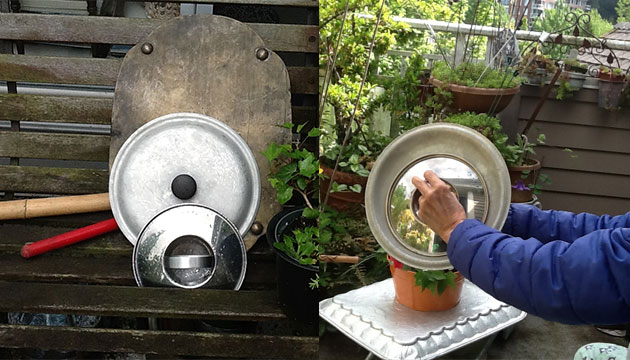Home is where the heart is.
We have all heard this phrase, and even without pausing to think about it, we know what it means.
Home is, of course, more than just a house, or the physical place where we live.
Home is where we love and are loved. It’s where we feel safe and connected. It’s where we have people who care for us, understand us, and appreciate us for what we are. In most cases, it’s where we find family.
Mobility is part of most people’s lives. It’s a natural cycle for many. You grow up at home, build friendships in the community, and at a certain time, you move out. You settle in a new place, get a job, find a spouse, raise a family, and put down new roots.
You may subsequently move to other places, go through different homes and communities, but surely, you will always have the softest spot for where you originally came from.
Mobility takes on an entirely different level when it comes to international migration. It means going to a foreign land, and most often, taking on a new citizenship.
For many immigrants, including Canadian Filipinos, leaving one’s country of birth doesn’t mean a final goodbye. It’s ‘till next time’.
It’s because we all know that there is a piece of us that stays behind. We know that we will come back another time. May be not to return for good, but to visit and rekindle good memories with the folks we know.
Memories are tied to places, and there’s nothing like the place of one’s birth that evokes such powerful emotion and association.
Immigrants like Canadian Filipinos are sometimes wedged in a state where they are mistakenly regarded with perpetual suspicion. They don’t love Canada enough, and will never do because their true loyalties lie elsewhere. Yet on the other hand, they’re also seen as having ceased to care much about their country of origin, because otherwise, they wouldn’t have left.
We shouldn’t be bothered by such erroneous thinking. It’s not an either-or choice, in the first place, as shown in a paper released in 2016 by Statistics Canada.
Titled ‘Patterns and Determinants of Immigrants’ Sense of Belonging to Canada and Their Source Country’, the study drew data from the 2013 general social survey on Canadians' perceptions of national identity.
According to the paper, 93 percent of immigrants have a very strong or a strong sense of belonging to Canada.
“Furthermore, a strong sense of belonging to the receiving country is not necessarily incompatible with a sense of belonging to the source country. About 69% of all immigrants had strong sense of belonging to both Canada and their source country,” reads the study prepared by Feng Hou and Grant Schellenberg of Statistics Canada, and John Berry of Queen’s University.
The authors noted that based on a huge body of psychological and sociological research, there are two “fundamental dimensions underlying immigrants’ sociocultural and psychological integration: cultural maintenance (the importance of retaining own-group heritage culture) and participation in the receiving society”.
“These two dimensions are independent yet, not necessarily, incompatible with each other,” they wrote.
In one of the daily bulletins released by Statistics Canada that talked about the 2013 survey on perceptions of national identity, the federal agency noted that immigrants overall were “consistently more likely to hold strong beliefs in the importance of national symbols and the existence of a common set of shared values”.
In another bulletin, Statistics Canada observed that in 2013, immigrants (67 percent) were more likely than non-immigrants (62 percent) to describe their sense of belonging to Canada as “very strong”.
June is an important month for Filipinos across the world. It’s the time we celebrate our heritage as freedom-loving people.
As we commemorate Philippine Independence Day in Canada, we may feel some sadness that we’re now far away from the place we first called home. But we should consider ourselves fortunate. We know in our heart that we have not one, but two homes.
Our heart is big enough to love both our two homes.
By the CFNet Editorial Board
Contact us at:










